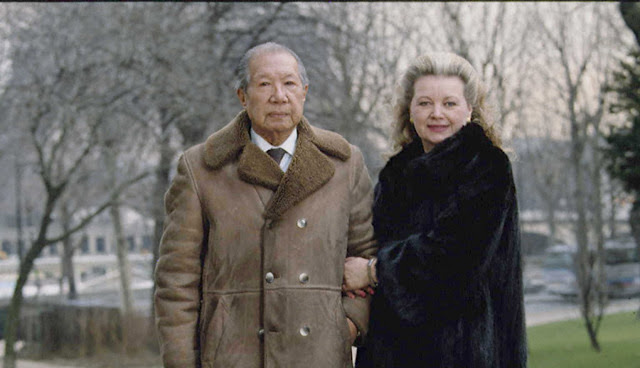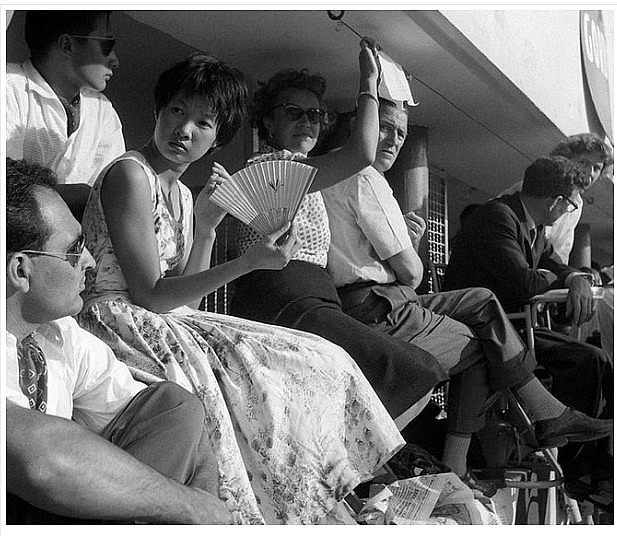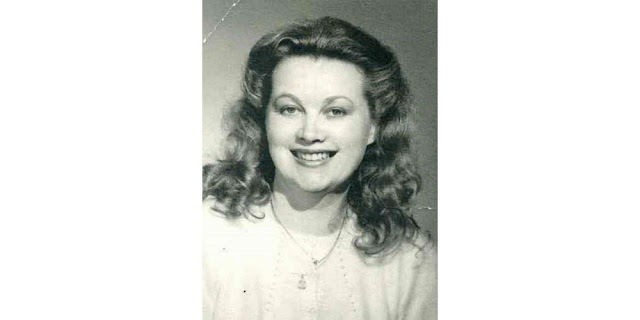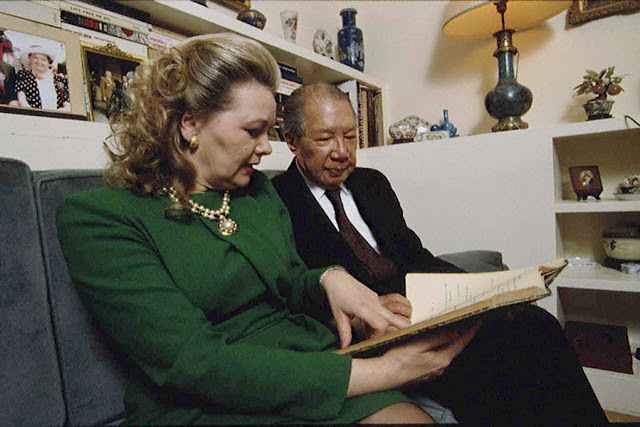The death of Empress Tây Phuong, the "Last Empress of Vietnam," has sent shockwaves across the world. Born Monique Marie Eugénie Baudot in 1946, she married Emperor Bao Dai in 1972, becoming Princess Vĩnh Thụy. The couple lived a life of quiet elegance, with their final residence in Paris, where they spent their later years. Her passing on the night of September 27-28, 2021, marks the end of an era for Vietnam and its royal family. **Tây Phuong's Legacy** will be remembered for her dedication to preserving the cultural heritage of Vietnam and her enduring love for her husband, Emperor Bao Dai[1].
As the last empress of Vietnam, **Tây Phuong's Life** was marked by a unique blend of French elegance and Vietnamese tradition. Her marriage to Emperor Bao Dai, the last emperor of Vietnam, was a union that transcended cultural boundaries. **The Death of Emperor Bao Dai** in 1997 left her as the sole representative of the Vietnamese royal family. Her passing leaves behind a rich legacy of cultural preservation and a testament to the enduring power of love and loyalty. **The Last Empress of Vietnam** will be remembered as a symbol of resilience and devotion, a true embodiment of the Vietnamese spirit[1].
what was Empress Tây Phuong's life like after Emperor Bao Dai's death

what did Empress Tây Phuong do after Emperor Bao Dai's death

what was Empress Tây Phuong's role in the Vietnamese community in Paris
 |
Emperor Bao Dai and his wife Princess Vĩnh Thụy in 1992. Photo (c) Raymond Reuter/Sygma/Corbis. |
French journalist and royal researcher Frederic de Natal has reported the recent death of Empress Tây Phuong of Vietnam, the widow of Emperor Bаo Đai. The empress reportedly passed away on the night of 27/28 September at Paris. She was seventy-five years-old.
 |
| Monique Baudot. |
Monique Marie Eugénie Baudot was born on 30 April 1946 at Pont-а-Mousson, Lorraine, France. In 1969, she met the widowed Emperor Bаo Đai in the French capital. At the time, Monique Baudot worked in the press office of the Embassy of Zaire to France. The couple married in February 1972, with the bride taking the title Princess Vĩnh Thụy. Between 1972 and 1974, the emperor and princess lived in Hong Kong, before returning to Paris, which became their permanent home. In 1982, the couple visited Vietnamese communities in Los Angeles, California; Washington, DC; and Newark, New Jersey. The last residence of the imperial pair was a small apartment at 29 rue Fresnel in the 16th arrondissement of Paris.
 |
| The headstone of Emperor Bao Dai. |
 |
| Monique in 2006 at the Passy Cemetery. |
Aged eighty-three, Emperor Bаo Đai died in Paris on 31 July 1997. The funeral of the emperor was attended by his five children from his first wife, Empress Nam Phương; however, his widow was not present. Bаo Đai was buried at the cimetière de Passy. After the death of the emperor, Princess Vĩnh Thụy assumed the title Empress Tây Phuong. In 2006, the empress presided over the placement of a new headstone on her late husband's final resting place.
 |
Princess Vinh Thuy and Emperor Bao Dai in 1992. Photo (c) Raymond Reuter/Sygma/Corbis |
May the Empress Rest in Peace.
Sources:
Décès de la dernière "impératrice" du Vietnam (Frédéric de Natal on 8 October 2021)As we conclude our exploration of the life and legacy of Empress Tây Phuong, the "Last Empress of Vietnam," we are reminded of the enduring power of love and loyalty. Her dedication to preserving the cultural heritage of Vietnam and her unwavering commitment to her husband, Emperor Bao Dai, have left an indelible mark on history. **Tây Phuong's Legacy** will continue to inspire future generations, serving as a testament to the resilience and devotion that defined her life. May her memory be a blessing to all who knew her and to those who will learn from her remarkable story.
In the end, it is the quiet elegance and quiet dignity that characterized Empress Tây Phuong's life that will be remembered most. Her passing marks the end of an era, but her legacy will endure. **Tây Phuong's Life** was a testament to the enduring power of love and loyalty, a true embodiment of the Vietnamese spirit. As we bid farewell to this remarkable woman, we are left with a profound sense of gratitude for the gift she gave us: a glimpse into a world of elegance, refinement, and devotion. May her memory be a blessing to all who knew her and to those who will learn from her remarkable story.
what were the key events in Empress Tây Phuong's life that shaped her legacy
- Meeting Emperor Bao Dai: In 1969, Monique Baudot met the widowed Emperor Bao Dai in Paris, where she was working in the press office of the Embassy of Zaire to France. This encounter marked the beginning of their romantic relationship.
- Marriage and Title: The couple married in February 1972, with Monique taking the title Princess Vĩnh Thụy. This union was significant, as it brought together a French national with the last emperor of Vietnam, creating a unique cultural blend.
- Life in Paris: After their marriage, the imperial pair lived in Paris, where they maintained a quiet elegance. They visited Vietnamese communities in the United States in 1982, further solidifying their connection to Vietnamese culture.
- Assuming the Title of Empress: After Emperor Bao Dai's death in 1997, Princess Vĩnh Thụy assumed the title Empress Tây Phuong, becoming the last empress of Vietnam.
- Preserving Cultural Heritage: Throughout her life, Empress Tây Phuong dedicated herself to preserving the cultural heritage of Vietnam. In 2006, she presided over the placement of a new headstone on her late husband's final resting place at the cimetière de Passy in Paris, a testament to her enduring love and commitment to her husband's legacy.

No comments:
Post a Comment